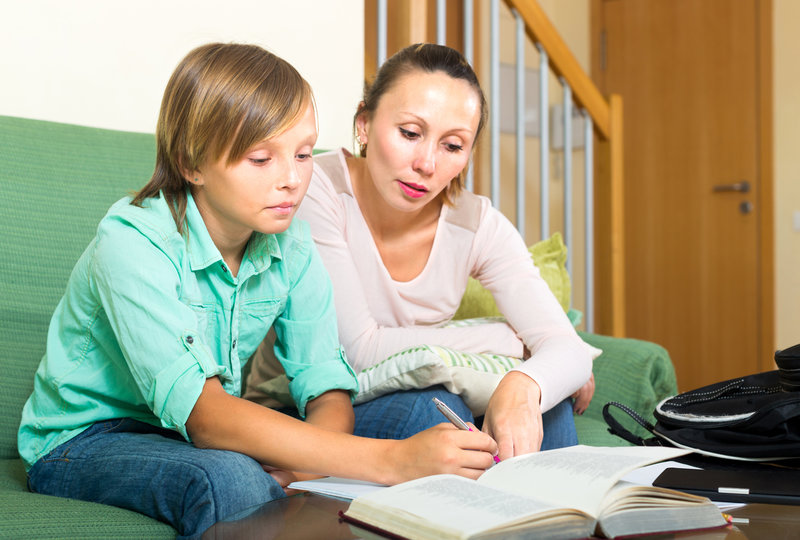THE CULTURAL TIGHTROPE
Which language?
It’s that time of year when families re-adapt to the old routine after the school holidays. However, as we all know, this year will be different. After the challenges of most of 2020 to date, at least we can be thankful that kids are actually returning to school, for now. The subject of this column results from many conversations I’ve had with parents down the years regarding which language to use in a multilingual family. It may seem like a straightforward question to some parents, but I’ve found that to many it isn’t.
First of all, let me say that I’m the father to a young man whose mother tongue is Catalan, and I’ve spent years in contact with parents who speak a language other than the one used around them on a daily basis.
So here are my conclusions: language is contextual. It therefore makes sense to use the appropriate language for the appropriate context. This is what leads many multilingual families to instinctively switch to the language of the country they are in when on the move. In other words, while our son was growing up, when visiting my country of birth, England, my wife would switch from her own mother tongue to English. However, as the representative of English in our household, I would speak to him in English all the time. This could lead to fairly strange interactions involving code-switching (when more than one language is used in the same utterance), and it is precisely this phenomenon that some parents think may be a bad idea or confusing for their children. That is not the case, however. Children are not at all confused by different languages being used at the same time when they are familiar with them. The only negative effect it may have is that as they grow older they struggle to access certain words in their vocabulary bank in one language because they’ve heard it more in another language due to code-switching. But in the modern globalised world, this is simply not a problem. In fact many people find it endearing and love to see others switch languages and learn new words in a foreign tongue.
But back to the original point, namely, which language to use in a family setting, assuming that both parents can speak each others’ language. In my opinion, the answer is that each parent should use their own language when communicating with their child or children, and then in communal settings it depends on the context. A good example is when we used to talk about school, we would all switch to Catalan because that’s the language the school used, and constantly trying to translate all of the educational terminology in the middle of a conversation simply doesn’t make sense in that context. By contrast, if we went to see a film in English, then we would all talk abut it in English afterwards.
To back up my views I would refer you to several parents I know who regretted the decision to speak to their children in the local language rather than their own in daily interactions when they were growing up, only realising later that they had missed an opportunity. In summary, when it comes to languages kids are much more capable than we think if accustomed to hearing and using them from an early age.


